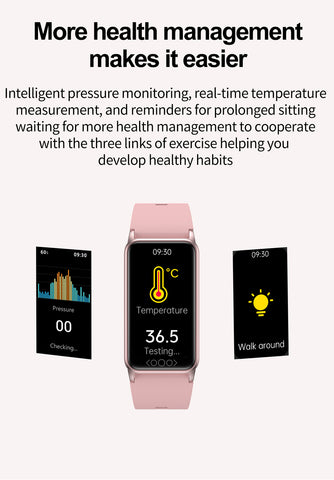Replenish Your Emotional Reserves: Are You Pouring from an Empty Cup?
Have you ever felt overwhelmed by endless work and responsibilities, exhausted and emotionally drained? The metaphor of “pouring from an empty cup” vividly describes the situation where we try to support others even when our emotional reserves are depleted. Whether it’s due to demanding jobs, family duties, or social obligations, recognizing when your emotional reserves are running low and taking proactive steps to refill them is crucial.
Understanding Emotional Depletion
Emotional depletion occurs when we extend ourselves beyond our emotional capacity. It can result from prolonged stress, lack of self-care, and excessive demands on our time and energy. Symptoms of emotional depletion include:
- Chronic Fatigue: Feeling perpetually tired despite adequate sleep.
- Irritability: Being easily frustrated or annoyed by minor inconveniences.
- Detachment: Feeling disconnected from others and disinterested in activities once enjoyed.
- Anxiety and Depression: Experiencing persistent feelings of worry, sadness, or hopelessness.
- Physical Symptoms: Experiencing headaches, muscle tension, and other stress-related ailments.
Recognizing these signs is the first step in addressing emotional depletion. Once we acknowledge that we are running on empty, we can take steps to refill our emotional cup.
Ways to Refill Emotionally
-
Practice Self-Care
Self-care is not a luxury; it's a necessity. It involves taking time to engage in activities that nurture your physical, mental, and emotional health. Some self-care practices include:
- Exercise: Physical activity releases endorphins, which are natural mood lifters. Whether it's yoga, a brisk walk, or a dance class, find an exercise routine that you enjoy.
- Healthy Eating: Nourish your body with balanced meals rich in vitamins and minerals. Avoid excessive caffeine and sugar, which can contribute to mood swings.
- Sleep: Prioritize good sleep hygiene by maintaining a regular sleep schedule and creating a restful sleeping environment.
-
Mindfulness and Meditation
Mindfulness practices help you stay present and reduce anxiety. Meditation, deep-breathing exercises, and progressive muscle relaxation can calm the mind and improve emotional well-being. Even just a few minutes of mindfulness each day can make a significant difference.
-
Set Boundaries
Learning to say no is essential for maintaining emotional health. Set boundaries to protect your time and energy. This might mean declining social invitations when you need downtime or delegating tasks at work or home. Boundaries help prevent burnout by ensuring you don't overextend yourself.
-
Connect with Others
Human connection is vital for emotional health. Spend time with loved ones who uplift and support you. Engage in meaningful conversations and activities that foster connection. If you're feeling isolated, consider joining a group or community that shares your interests.
-
Pursue Hobbies and Interests
Engaging in activities you love can rejuvenate your spirit. Whether it's painting, gardening, reading, or playing a musical instrument, hobbies provide a creative outlet and a break from daily stressors. They allow you to experience joy and fulfillment.
-
Seek Professional Help
If you're struggling to cope with emotional depletion, seeking help from a therapist or counselor can be beneficial. Mental health professionals can provide strategies and support to help you manage stress and improve your emotional well-being.
-
Practice Gratitude
Cultivating an attitude of gratitude can shift your focus from what’s lacking to what’s abundant in your life. Keep a gratitude journal, noting down things you’re thankful for each day. This practice can enhance your mood and foster a positive outlook.
-
Engage in Nature
Spending time in nature has been shown to reduce stress and improve mental health. Whether it's a walk in the park, hiking, or simply sitting by a lake, nature can provide a sense of peace and rejuvenation.
-
Limit Digital Consumption
Constant exposure to social media and news can be overwhelming and contribute to emotional fatigue. Set limits on your screen time and take digital detox breaks to clear your mind and focus on real-life interactions and activities.
-
Creative Expression
Engage in creative activities such as writing, drawing, or crafting. Creative expression allows you to process emotions and reduce stress. It doesn’t matter if you consider yourself an artist; the act of creating can be therapeutic in itself.
Conclusion
Pouring from an empty cup benefits no one, least of all yourself. Recognizing when you are emotionally depleted and taking steps to refill your emotional reserves is crucial for maintaining overall well-being. By prioritizing self-care, setting boundaries, and engaging in activities that nourish your soul, you can restore your emotional health and continue to support those around you effectively. Remember, taking care of yourself is not selfish; it's essential. So, take the time to refill your cup, and you'll find yourself better equipped to handle life's challenges with resilience and grace.










